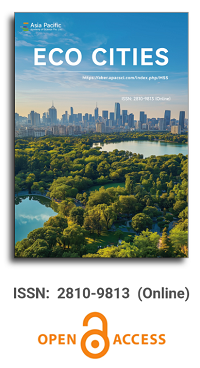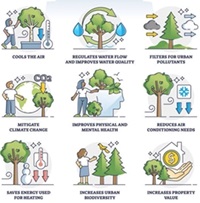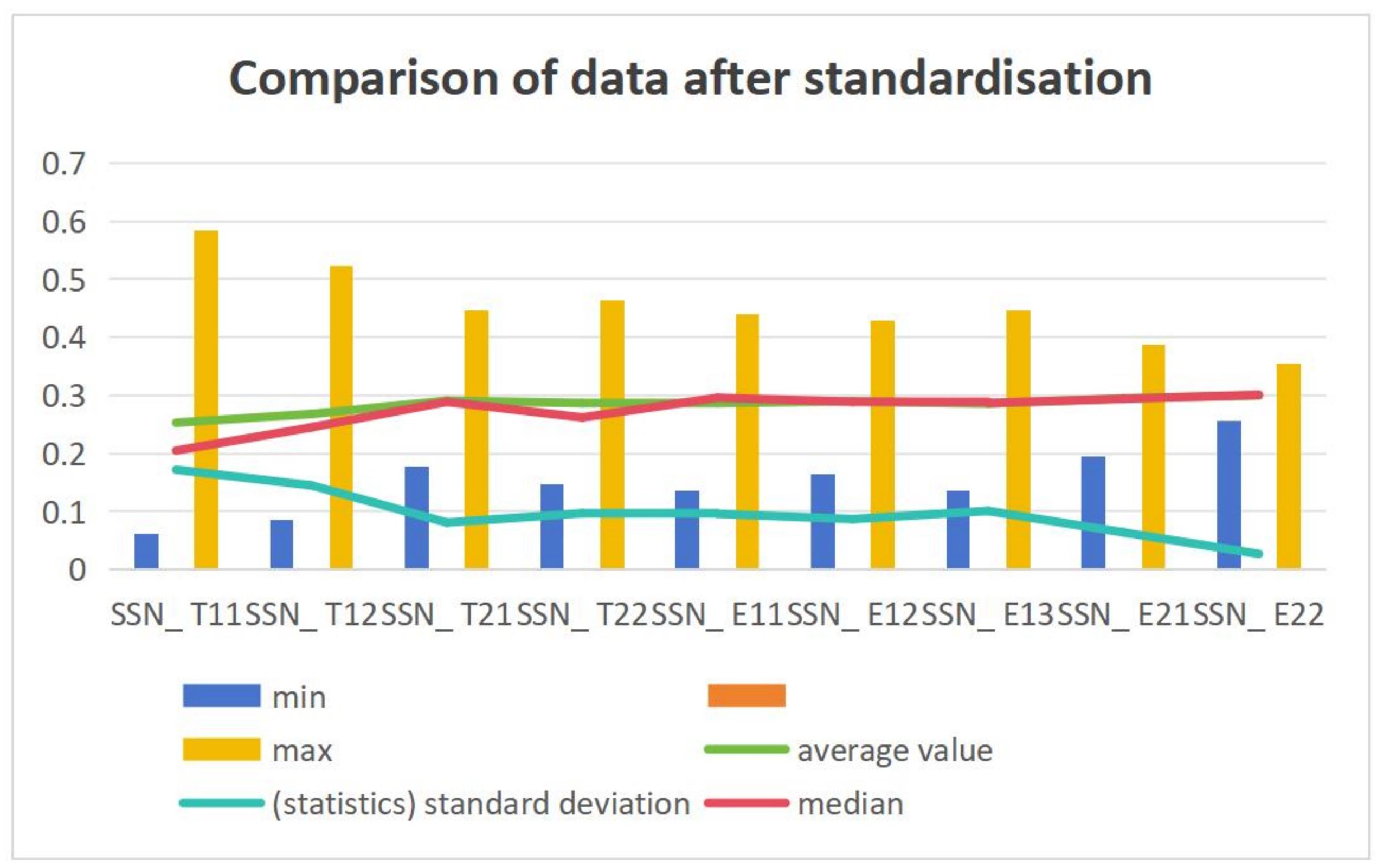


Environmental ethics support for eco city construction
Vol 1, Issue 2, 2020
Download PDF
Abstract
The modern city based on the principle of anthropocentrism has caused many urban environmental problems, resulting in the contradiction between man and nature gradually developing into a state of binary opposition, and promoting the urban ecosystem to be on the verge of danger. On the basis of deep reflection on modern urban environmental problems, eco city construction came into being and developed rapidly. Eco city is an urban development model to solve the current urban environmental crisis and realize the harmonious coexistence between man and nature, man and man, man and societyeco city has internal consistency with environmental ethics, which contains the environmental ethics of non anthropocentrism, sustainable development and environmental justice, environmental ethics guides the construction of ecological city and is an important support for the construction of ecological city. First of all, environmental ethical values such as environmental ethical values, environmental ethical codes of ethics and environmental ethical beliefs provide theoretical support for the construction of ecological citysecondly, environmental ethical practices such as ecological ethical culture, ecological moral education, low-carbon economic model and ecological ethical legal system provide practical support for the construction of ecological cities.
Keywords
References
- UN-HABITAT. Harmonious city—Report on the state of the world’s cities 2008. Beijing: China Architecture & Building Press; 2008. p. 2.
- UN-HABITAT. Harmonious city—Report on the state of the world’s cities 2009. C Beijing: China Architecture & Building Press; 2008. p. 2.
- Zhou Z. Urban development: Vision and practice. Shanghai: People’s Publishing House; 2010. p. 61.
- China Urban Science Research Association. China low carbon eco city development strategy. Beijing: China City Press; 2009. p. 378.
- Zhou G, Lu F. Ecological city theory—Based on environmental philosophy. Social Science Review 2010; 2: 25–36.
- Yu M, Wang Y. Environmental ethics. Beijing: Higher Education Press; 2004. p. 254.
- Yu M, Wang Y. Environmental ethics. Beijing: Higher Education Press; 2004. p. 11.
- Pan Y, Duan Y, Wu Y. Environmental ethics and principles under sustainable development. China’s Population, Resources and Environment 2002; 5: 346–353.
- Yuan Z. Contemporary pedagogy. Beijing: Educational Science Press; 1998. p. 493.
- UK Department Trade. Energy White Paper: Our energy future-creating a low-carbon economy. 2003.
- Zhou G. Low carbon economy: The green scale of ecological citizens. Journal of Humanities 2011; 1: 268–274.
Supporting Agencies
Copyright (c) 2020 Guowen Zhou, Shuangshuang Li
License URL: https://creativecommons.org/licenses/by/4.0/

This site is licensed under a Creative Commons Attribution 4.0 International License (CC BY 4.0).

Chinese Academy of Sciences, China
Indexing & Archiving
Asia Pacific Academy of Science Pte. Ltd. (APACSCI) specializes in international journal publishing. APACSCI adopts the open access publishing model and provides an important communication bridge for academic groups whose interest fields include engineering, technology, medicine, computer, mathematics, agriculture and forestry, and environment.



.jpg)

.jpg)



